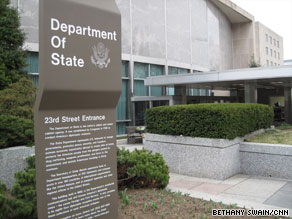Original Post:
In the most recent development to the presumed crash of Air France flight 447, Brazilian air force officials claimed that bodies of some of the 228 passengers and crew were located floating in the Atlantic:The remains were taken from the water at 0814 Brazilian time (1114 GMT), said (Brazilian air force) spokesman Jorge Amaral.Some of the debris allegedly located includes a suitcase and a seat. On Thursday, debris had been located and initially been attributed to the missing flight but that was later confirmed as wrong.
Experts on human remains are on their way to examine the find…
"We confirm the recovery from the water debris and bodies from the Air France plane," Col Amaral said at a news conference in the northern city of Recife.
"We can't give more information without confirming what we have."
Investigators said today that the Rio de Janeiro-to-Paris flight may’ve gone down due to “multiple systems failures” after the plane sent out sent out 24 automated error messages including one saying the plane’s autopilot was disengaged. Meteorologists also said that the A330 did cross a storm zone but that it didn’t seem strong enough to threaten the aircraft.
Image- Al Jazeera English (“Search crews have yet to locate the wreckage
in the deep Atlantic waters [AFP].”)
Online Sources- Xinhua, CNN, BBC News, The Latin Americanist




























